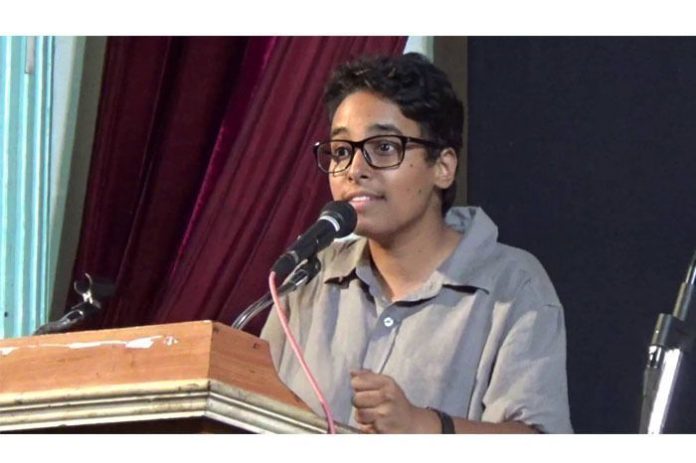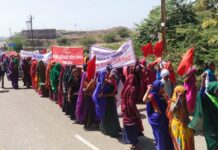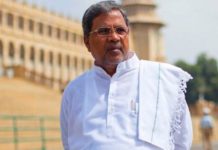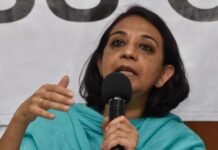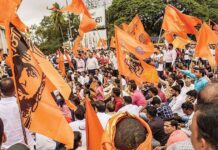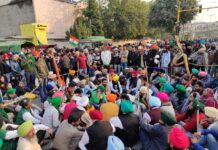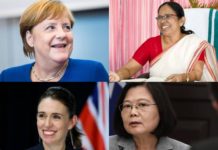Today the transgender and queer communities in India find ourselves at a crossroads. On the one hand, the courts have granted us unprecedented rights to self-identification under the NALSA judgment, making it possible for transgender persons to identify in the gender of our choice, including in our identity documents, regardless of what our bodies or medical records look like. Through this judgment, the Supreme Court recognized the historical injustice done to transgender persons in this country and proposed several remedies like reservation in education and employment for transgender persons, free health care and housing provisions. Likewise, the reading down of Section 377 by the courts has had the strong symbolic impact of reading down a section of the law that technically criminalized sexual acts practiced by all sections of the population, but was disproportionately used to criminalize and extort from transgender and queer individuals.
However, the legislature has been rapidly passing a series of bills that have criminalized the transgender community in even more draconian ways than before. The BJP government formulated a Transgender Persons (Protection of Rights) Bill in 2015, whose name is extremely misleading, since it stripped any form of positive protection that was enshrined in the bill it aimed to counter – a transgender rights bill passed in the Rajya Sabha by DMK MP Tiruchi Siva and drafted with the help of the transgender community. Later versions of the bill made things even worse, criminalizing traditional begging without any provisions for reservation or affirmative action or penalties for discrimination in employment, education, housing, and access to health care of the kind that transgender persons routinely face. After a prolonged struggle in which the transgender community held protests, press conferences, consultations and made depositions before the government, this provision was rolled back in the 2019 version of the bill.
However, the bill continues to violate the right to self-identify gender that was enshrined in the Supreme Court’s NALSA vs UOI judgment. It now mandates that people have to all first open up their identity as transgender persons before the government and request documents in that identity from a committee headed by a district magistrate. We then have to submit proof of surgery in order to get identity documents in any other gender of our choice. This means that a trans man who has taken hormones and grown a beard would have to continue to live with a mismatched ID stating gender as female, if he does not want or can’t afford to have surgery.
The bill encodes discrimination by providing vastly lower sentences (from 6 months to 2 years) for perpetrators of sexual assault of trans persons than cis women (7 years to life). The transgender and intersex community’s greatest worry is that this bill will worsen the already difficult lives of the young members of the community who are starting their legal transitions, and in fact make legal transitions prohibitively expensive.
Perhaps in response to this kind of legislative assault on our rights, the transgender community was very strongly involved in visibilizing the need for our democratic rights in the 2019 election. While members of the transgender community have been contesting elections for years, what set apart the 2019 election was both the number of transgender candidates contesting from different parts of the country, and more substantively, the inclusion of transgender community issues in some detail in election manifestos. In the 2019 election, promises to fight against this bill have clearly made it to the election manifestos of the Congress party, the CPM and the newly formed Vanchit Bahujan Aghadi; while the DMK, CPI and CPI (ML) Liberation reiterated their commitment to trans empowering legislation. Meanwhile, several transgender candidates ran for election: Bhawani Singh in Allahabad from AAP while the rest ran as independent candidates: “Chinju” Aswathi Rajappan from Ernakulam, Raju Mataji from Ahmedabad East, Jatin Rangrao Harne from Mumbai North East, Sneha Kale from Mumbai North Central, and M. Radha from Chennai South.
The BJP’s victory spells doom for the transgender community, perhaps ensuring even more political participation by the community against their policies in the years to come. The BJP manifesto quite glibly pledged to “bring transgenders to the mainstream” through “adequate socio-economic and policy initiatives”, and that “self-employment” and “skill development” will be ensured by the government. Arguably, self-employment is what the community has already organized in the form of begging and sex work, both forms of distress driven self-organized livelihoods. While it is perhaps an unsurprising statement from a party whose Prime Minister exhorted people in the country to make pakodas instead of generating employment, their government has not even encouraged distress driven self employment by trans people.
The newly re-elected government plans to reintroduce the Transgender Rights Bill in parliament. This places the transgender community in the same position of helplessness as many other minority communities. The rights of minorities will be fully decided by a majoritarian majority party, entirely permissible within the already limited framework of majority-based democratic legislative processes.
Depressing as that prospect is, it is clear that this state of mass Hindu majoritarian organization under a fascist ideological umbrella are part of a long-term sociopolitical process of change in relationship to economic crises. Demographic data put the estimate of the number of LGBTQIA identified people at between 4 and 11% of the population, a significant enough fraction of the voting population to count in crude terms as a vote bank. But my concern is not about the rising visibility and numbers of the LGBTQIA community, but of how solidarities get built between this community with other oppressed communities. The goal is to fight not just for a narrow version of self-liberation, but for the liberation of all people from the heartbreakingly unequal and brutal society that we currently live in.
Dr. Karthik Bittu is Assistant Professor of Psychology at Ashoka University. He is a social activist who works with various social justice movements including those involving the LGBTQ+ community.

















